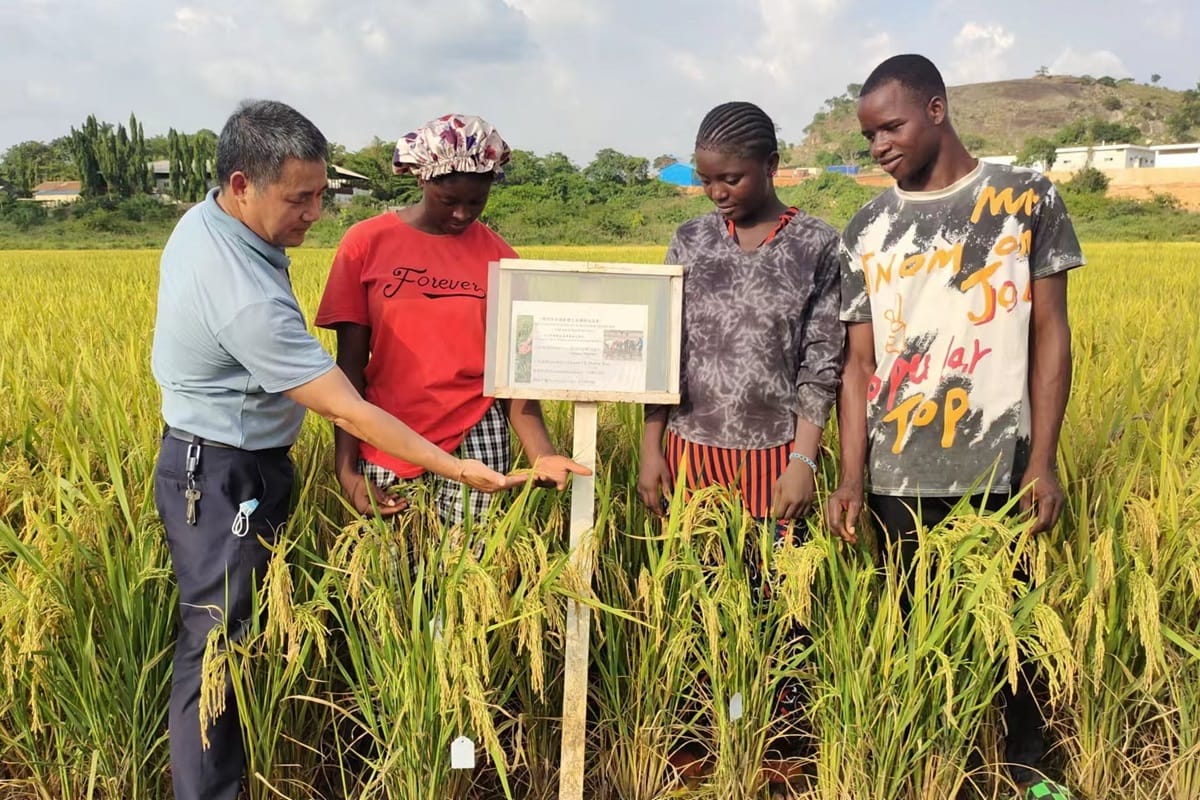Africa is launching local vaccine production through two major mRNA agreements, backed by $1.2 billion from Gavi. The goal is to produce 100 million doses annually, advancing local technology. Climate change worsens vaccine-preventable diseases, making regional manufacturing crucial for public health resilience.
The vaccine production agreements, signed in Cairo during the 2nd Vaccine & Other Health Products Manufacturing Forum, aim to pave the way for expanded local vaccine production and enhanced cross-continental collaboration.
Currently, although the demand for vaccines in Africa exceeds $ 1 billion annually, the continent's vaccine industry accounts for only about 0.1% of global supply.
Our take: This transition will create more jobs, generate investment opportunities, and establish a sustainable healthcare system for Africa… Read more (2 min)
Ugandan authorities have installed 65 AI air quality sensors in Kampala, costing $150 each, following South Africa’s launch of Ai_r, an affordable $100 AI-powered system. Limited air quality monitoring stations across Africa hinder data collection and public health responses, highlighting the need for improved infrastructure.
Ai_r employs artificial intelligence to predict air pollution hotspots, with 20 devices already operational in Johannesburg. Conversely, the air quality technology implemented in Uganda for the first time this month features an AI Air Quality Index that uses colour-coding to easily identify the most polluted areas.
Both Kampala and Johannesburg rank among the most polluted cities in the world, according to the Air Quality Index.
Our take: There is a growing demand for affordable, AI-powered environmental monitoring solutions, and startups as well as tech companies should seize this opportunity… Read more (2 min)
Tanzania’s President Samia Suluhu has received the Global Goalkeepers Award for food fortification, becoming the first African leader honoured. Food fortification, the addition of essential minerals to food, boosts nutritional value, offering a solution to the decline in food micronutrients caused by climate change.
The Tanzanian government has enacted a national fortification mandate that requires all food millers to add essential minerals to their products.
Tanzania, along with Nigeria and Ethiopia, is one of the leading investors in food fortification efforts aimed at preventing and treating acute malnutrition, which remains a significant challenge in Africa.
Our take: Strong political leadership in Africa can effectively drive progress in food fortification while also regulating prices…Read more (2 min)
____________________


A Chinese expert and Nigerian farmers test new rice varieties introduced under a China-Africa cooperative project to improve food security.
Events
France hosts Climate Change Europe Africa 2025 Summit (March 31 and April 1)
Jobs
Gates Foundation seeks an Associate Program Officer, East Africa Health office (Kenya)
The Clinton Health Access Initiative seeks aTechnical Officer, Health Sector Governance (Malawi)
Various
Zesco Limited partners with Hakemi Energy to produce 12.06MW Solar Power for Clinics and Hospitals in Lusaka, Zambia.
eBikes4Africa trains healthcare workers from Development Aid from People for People in Namibia on how to use electric motobiles to reach patients in remote villages.
Seen on LinkedIn
Bill Frist, chair of the Nature Conservancy Global Board, says, “Climate change is often discussed in distant terms; rising sea levels and shifting weather patterns. However, I have found the most compelling and immediate reason to take action lies in its direct impact on human health.”
____________________


